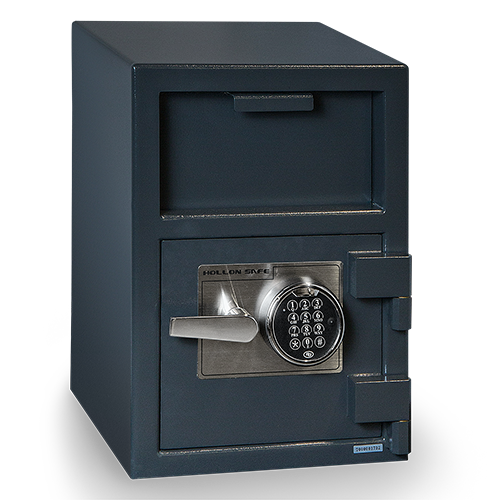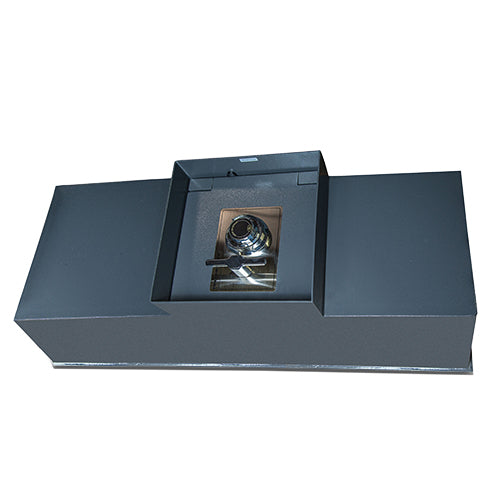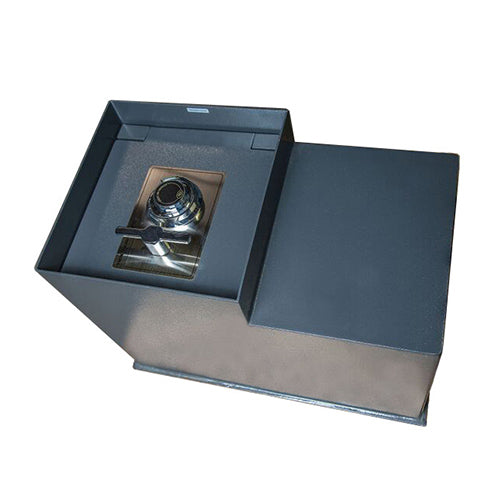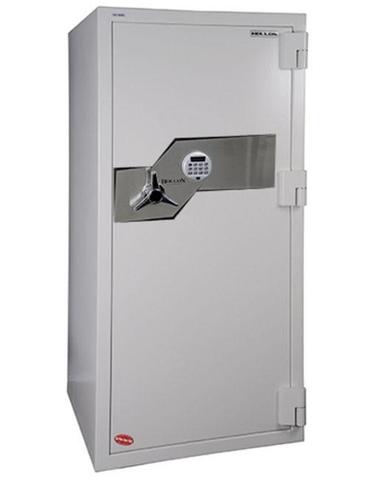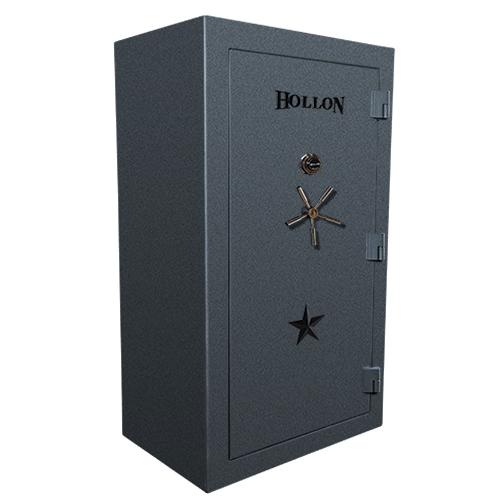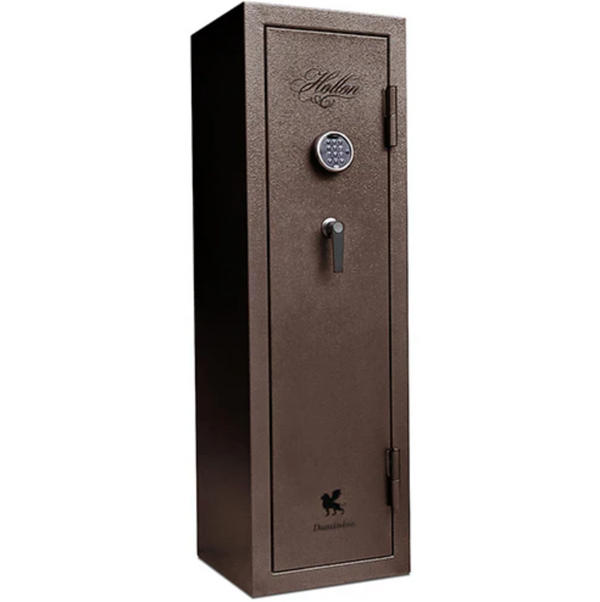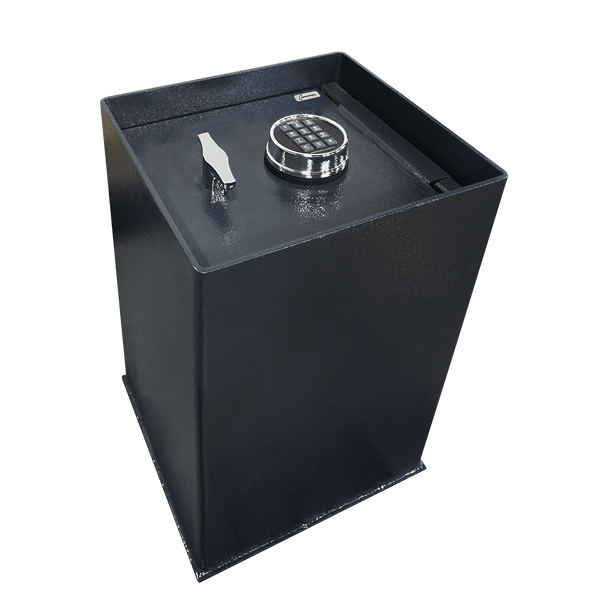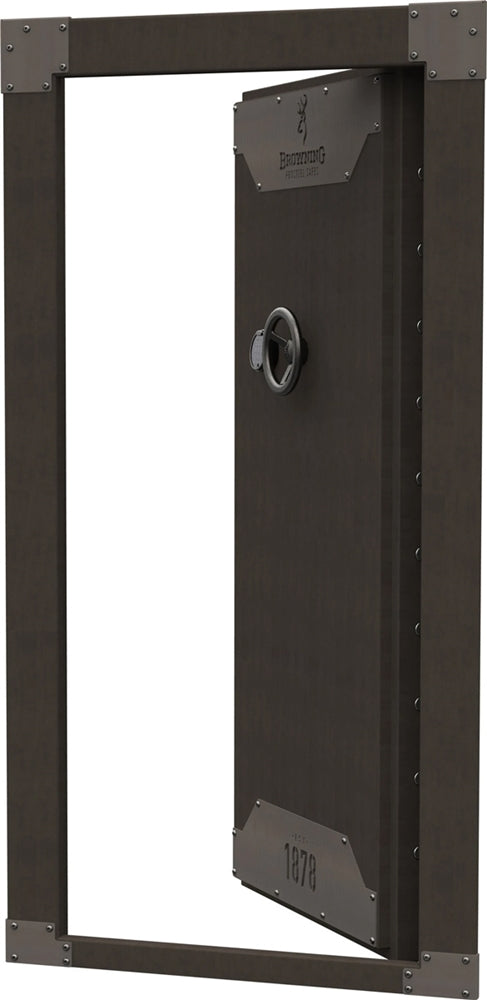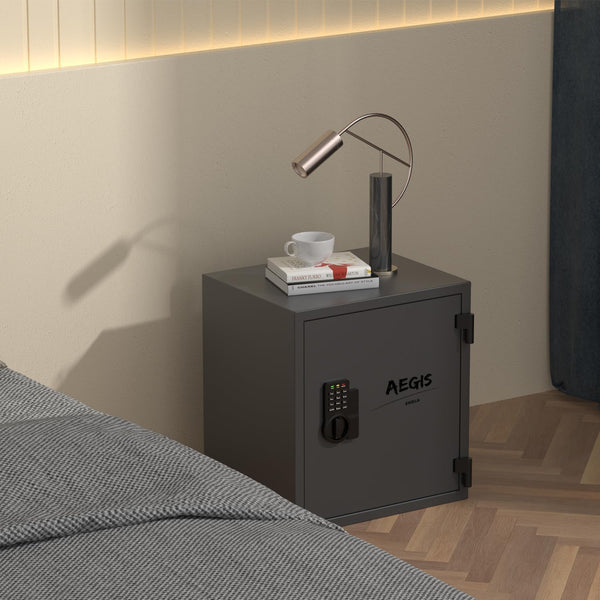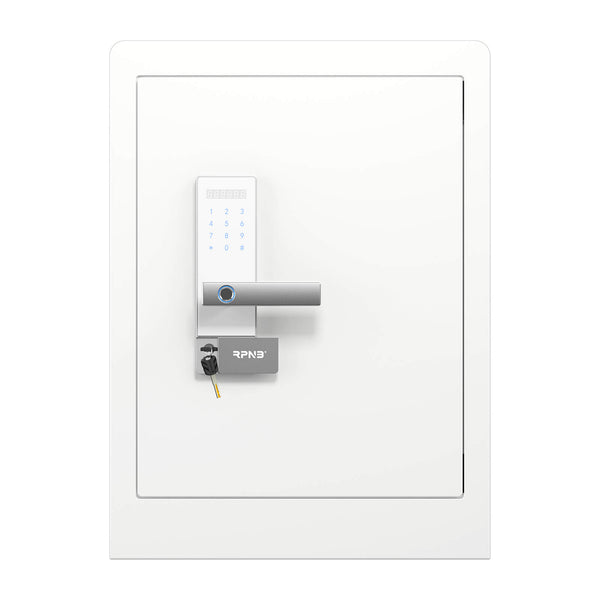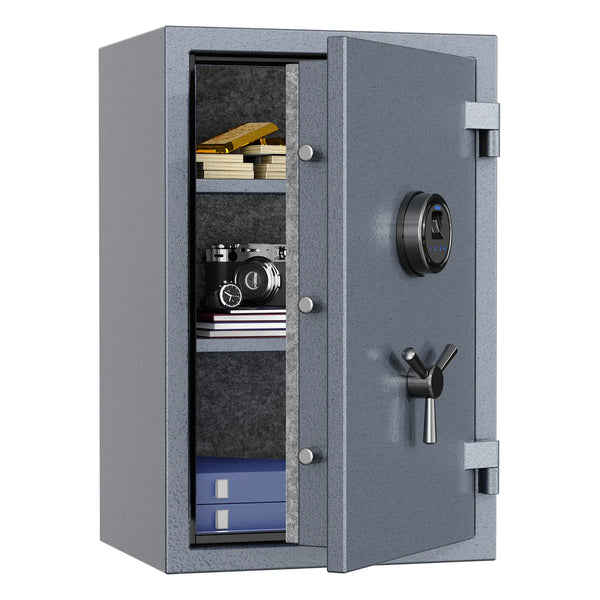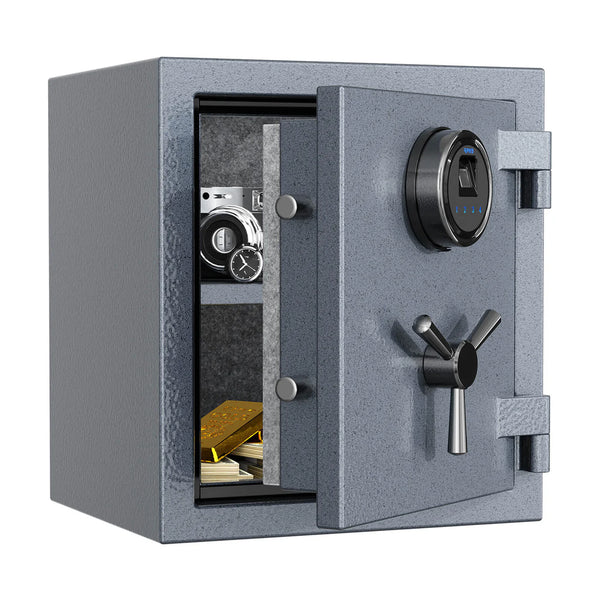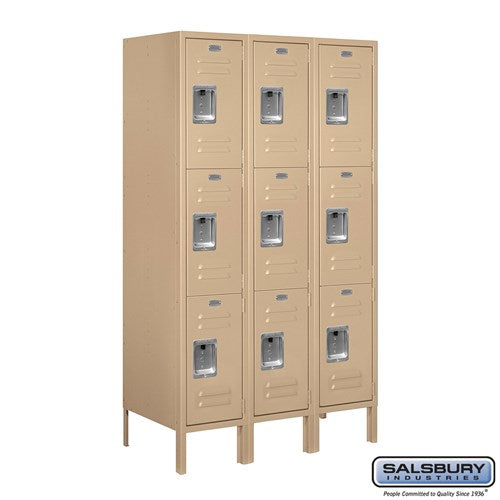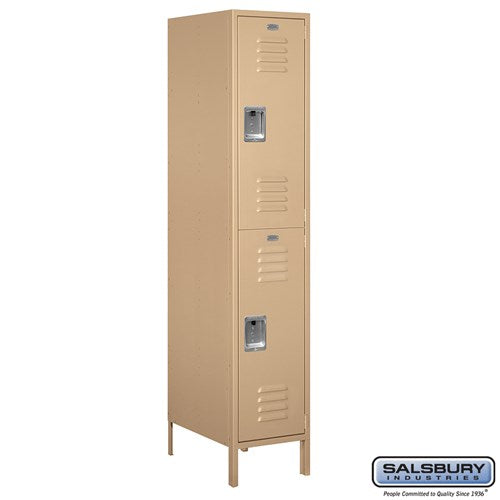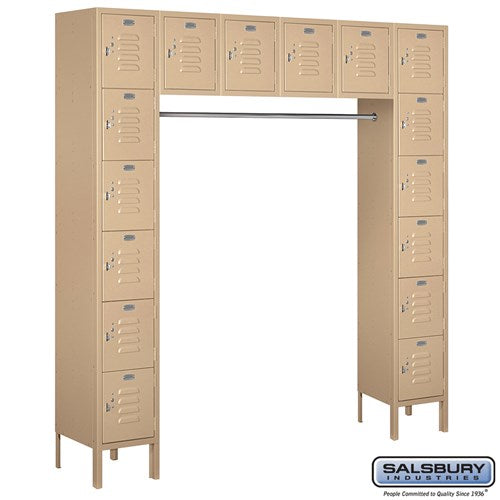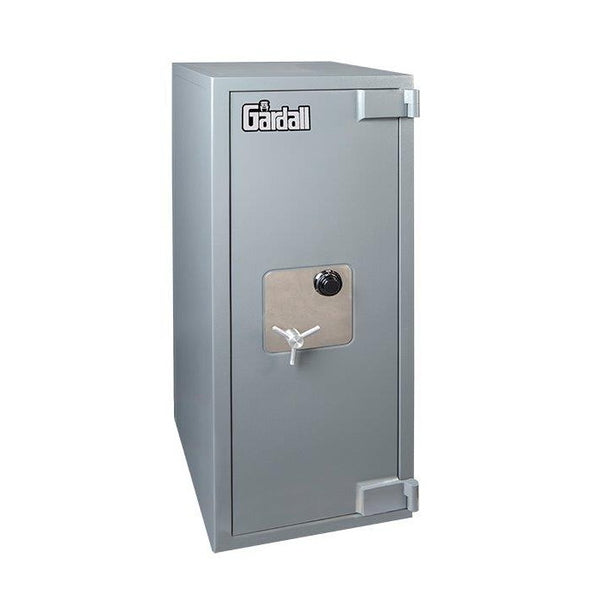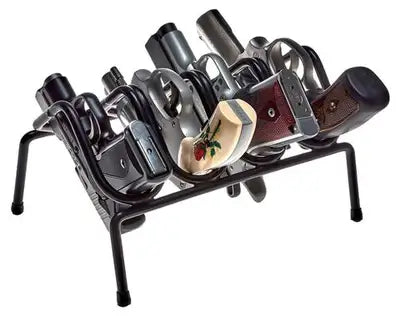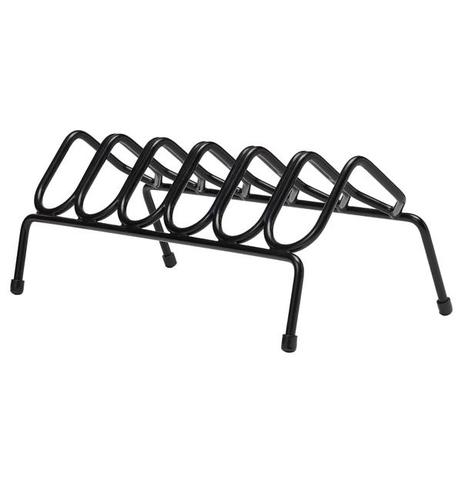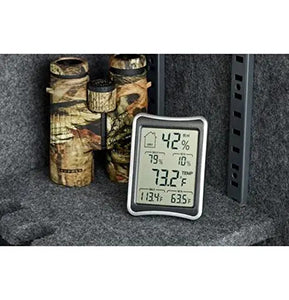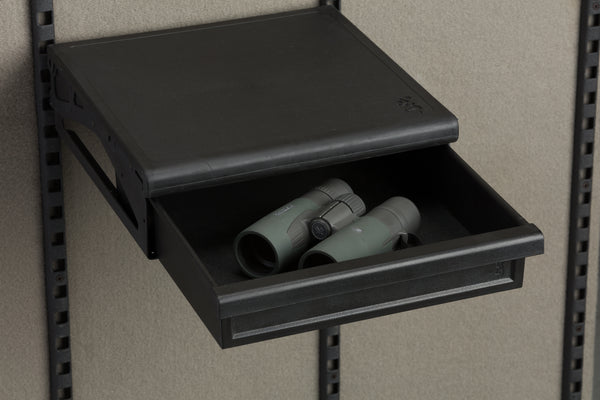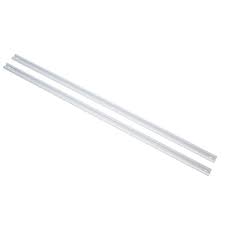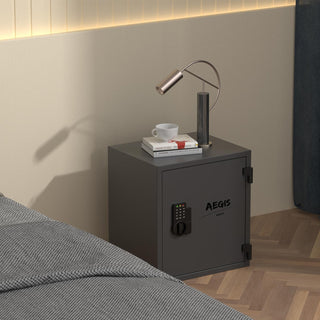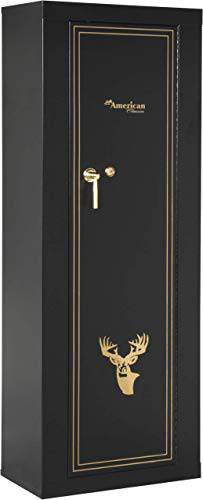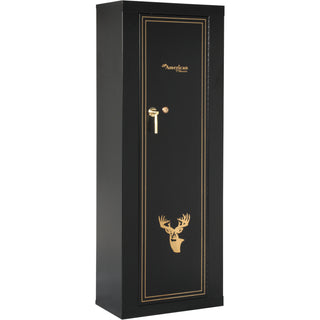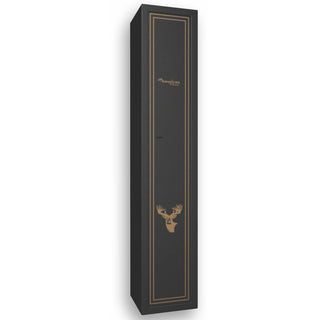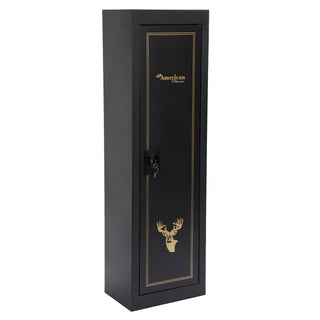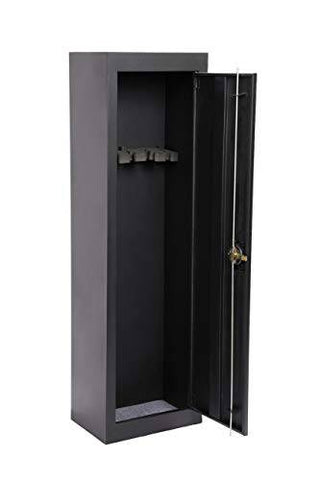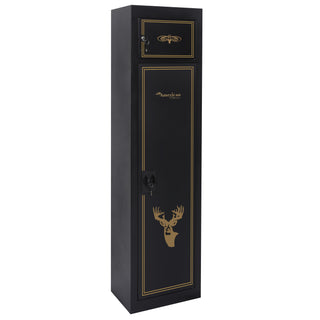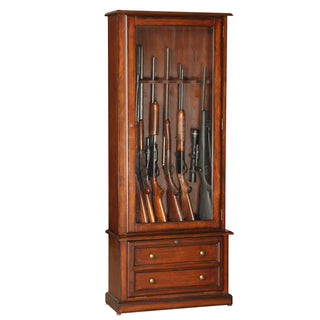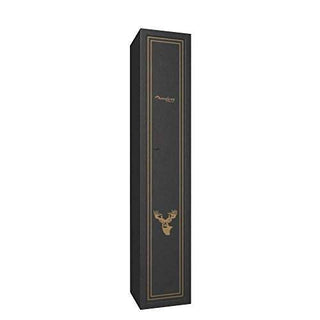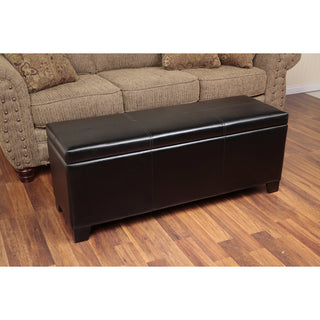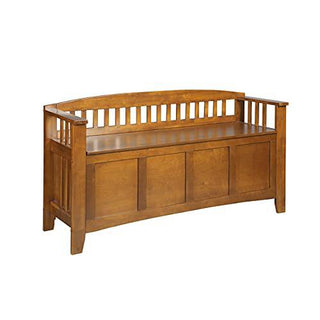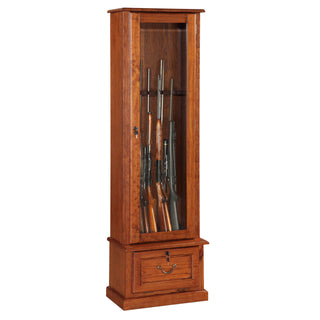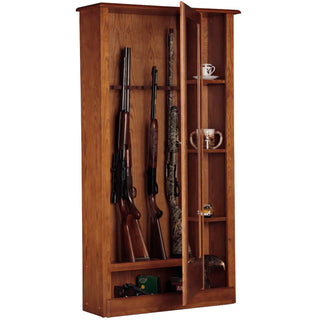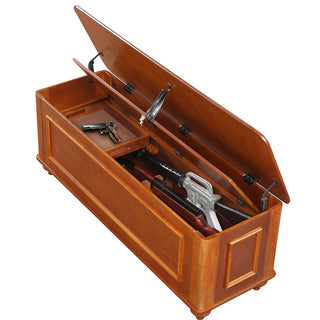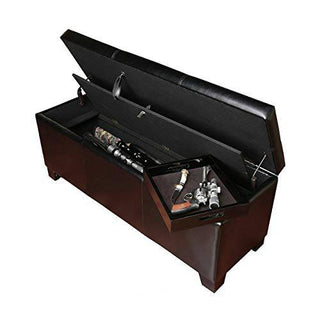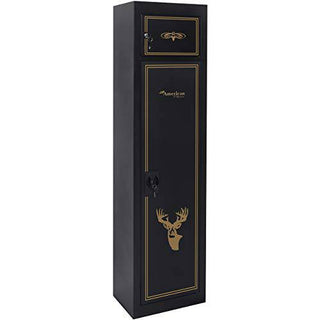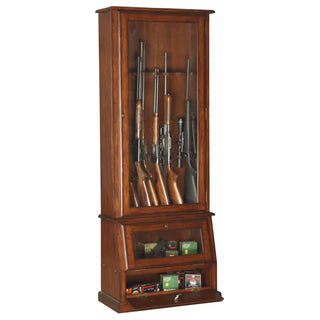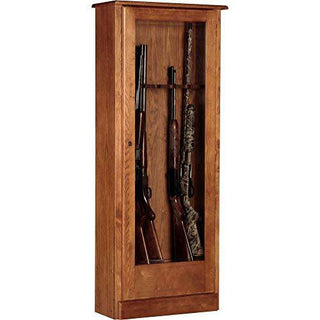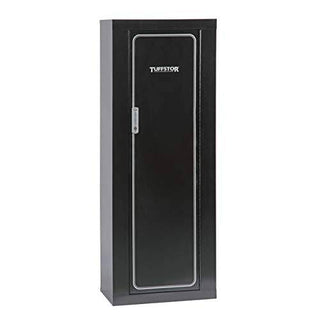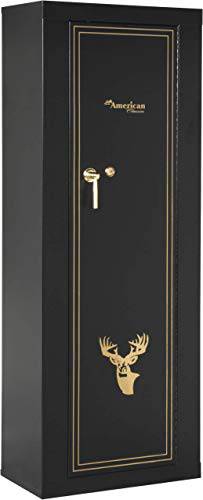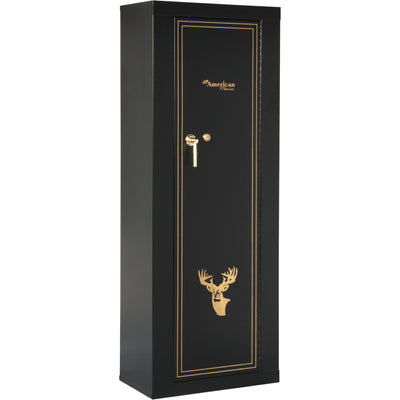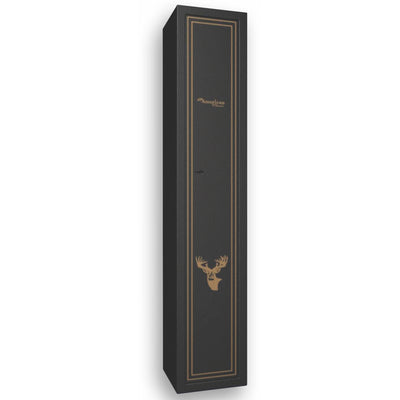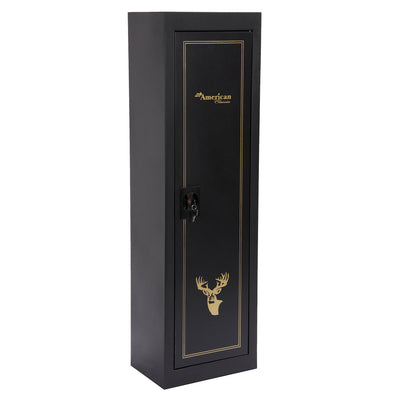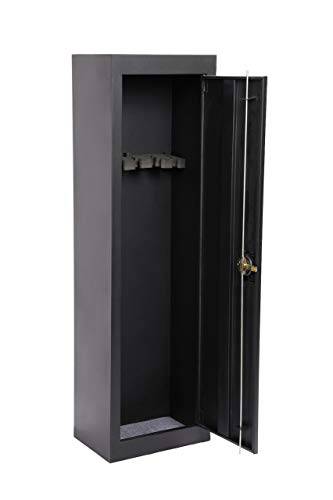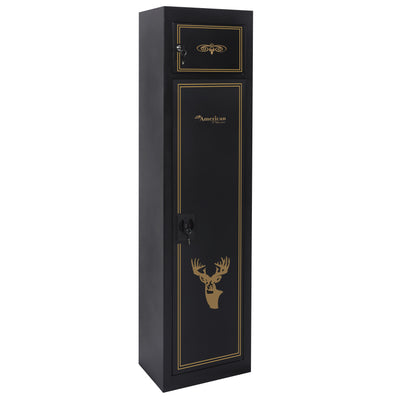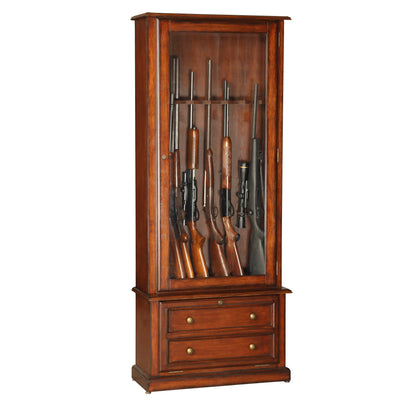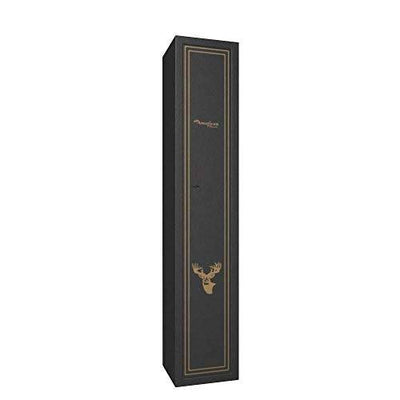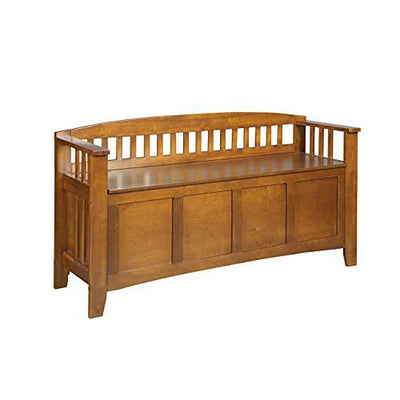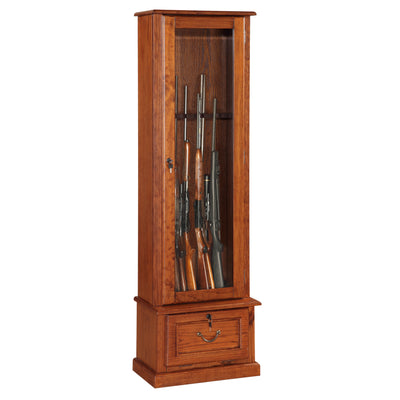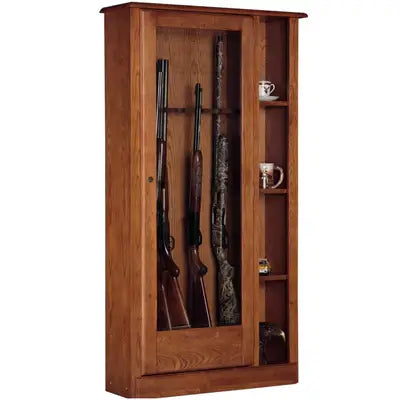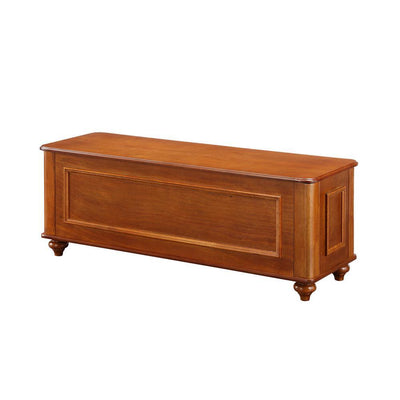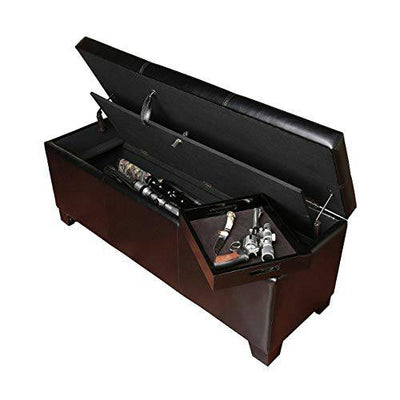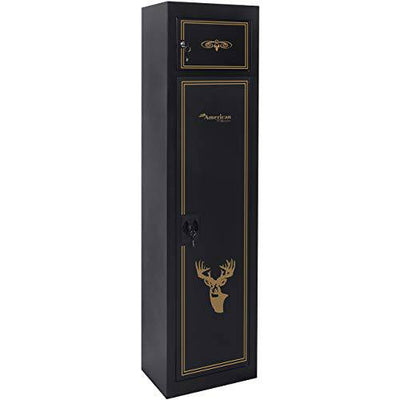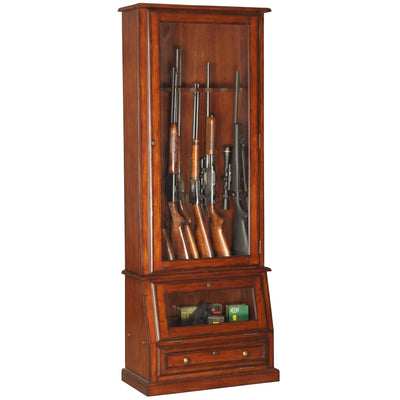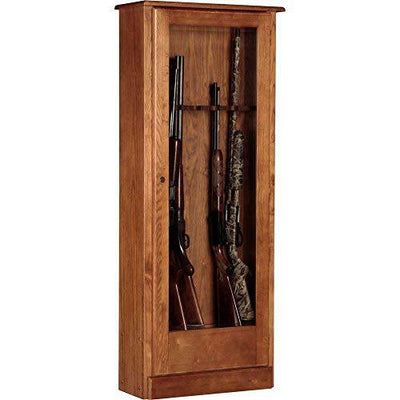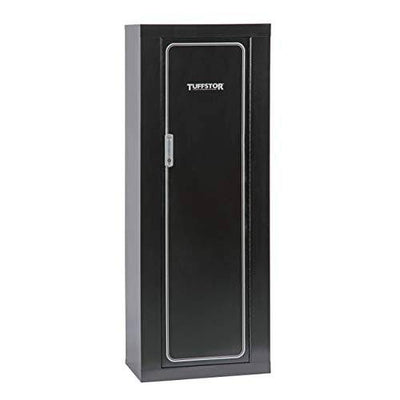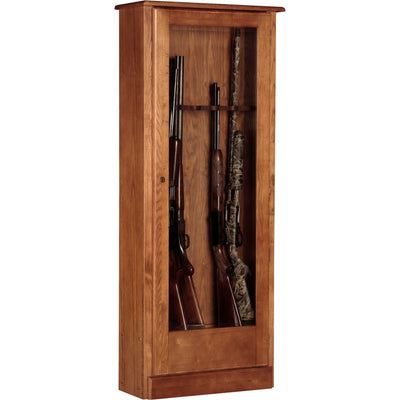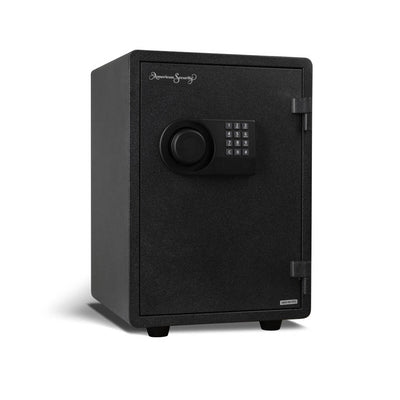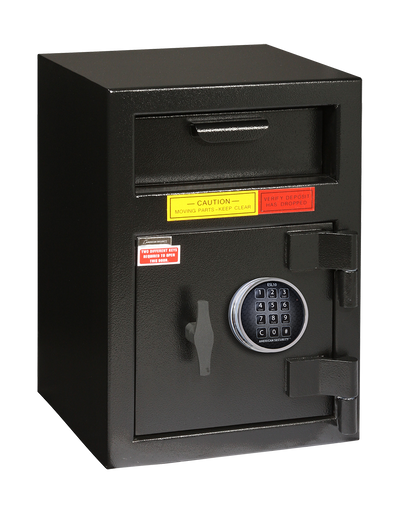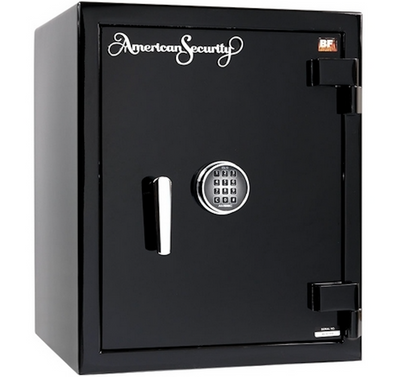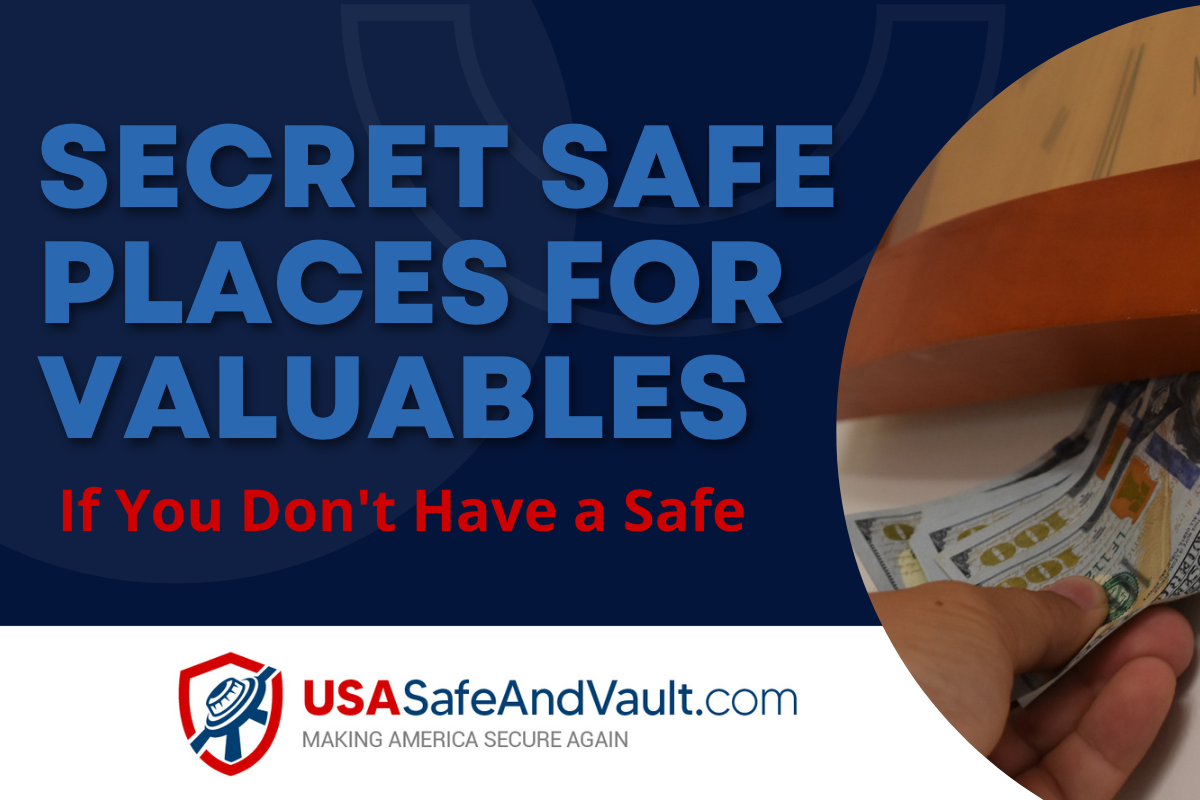
*This post contains affiliate links to products. We may receive a commission for purchases made through these links, but it never influences our product selection process.
Table of Contents
- What to Consider When Storing Your Valuables
- Tips to Store Valuables at Home Without a Safe
- How to Keep Home Secure When Going Away
- FAQs | What Readers Want to Know
People are often told to keep their valuables in the most secure place possible. But when a house has no safety, where is the safest place for them? The answer might surprise you!
People usually think that the best spot is under your bed or on top of your desk, but burglars can easily see and access these places. This means they’re not as hidden or protected from potential thieves as one would hope.
The best way to disguise the location of valuables is to use a bit of creativity.
Some examples:
-
Disguised containers or secret compartments to hide items
-
Removable interior home feature (e.g. hidden staircase)
-
Discreet locations and secret hiding places for an in-wall safe or in-floor safe
-
An obvious but gross location that even a burglar won’t check (e.g. cat litter box)
Safe places to store valuables without a safe are those which are not too obvious for burglars so you should avoid storing them in the closet of a master bedroom. Considering the size and type of the valuables is important and can be helpful for you to find a location in the house that is difficult to search by burglars.
In order to protect valuable items well enough, it's necessary to put them somewhere less accessible and more inconspicuous: inside a drawer, underneath clothes in a closet, behind boxes on shelves, or anywhere that feels right for you. The key here is not to make it too obvious that you’re storing anything valuable.
What to Consider When Storing Your Valuables
are some key considerations when choosing a good location for valuables at home without the presence of a safe.
Size, Quality, and Cost
It is important to take into account the size and quality of valuables in finding the best location to store them. Not to mention the replacement cost of those items is taken away.
Small items
Small valuables are better to be stored using a deposit box or well-constructed container so that they don’t spread away.
Large items
Large valuables are good to be placed in a climate-controlled area that is equipped with secure facilities.
After determining the location based on the valuables’ size, let’s explore various choices you can use to store the valuables with no safety.
Tips to Store Valuables at Home Without a Safe
When it comes to protecting your valuables, you want to put them in the most secure place possible. But where is this “secure spot” exactly?
Disguised containers or secret compartment
Disguised hidden safes are often used to store valuables at home since it is likely effective in tricking burglars. These kinds of hidden safes are available in the market, so you can buy them or make your own. You can put it in a perfect spot in the kitchen or under the sink in the bathroom. Burglars might think it is just a container to hide larger items, kitchen items, or bathroom supplies.
Removable interior home feature
Creating a trim into parts of a house and using building components to cover it also can camouflage the burglars when breaking into your house. You can put your valuables inside and conceal them behind removable building components such as vents, windowsills, or cabinet doors.
Using in-wall or in-floor safes
In-wall and in-floor safes aren't just challenging for burglars to locate; they also present a significant obstacle to overcome. Attempting to break into these safes is a time-consuming, energy-draining task. Moreover, the noise generated in the process is likely to alert the homeowners or neighbors, increasing the risk of the burglars being apprehended. These safes are a strong storage solution, difficult to open or remove entirely, providing higher security for your valuables.
How to Keep Home Secure When Going Away
We will explore how to keep your home secure when you are going away:
-
Install a camera system around your property with an app for on-the-go viewing and security alerts.
-
Have someone watch over the house while you're gone by installing motion sensors or a home alarm system.
-
Keep doors and windows locked at all times when not in use.
-
Turn off any lights that may be visible from the outside of the house before leaving for extended periods of time (especially porch lights).
-
Keep an extra set of keys at a trusted neighbor's house so you can still go in and out of your home during the time you are gone.
-
Lock garage doors before leaving for an extended period of time, even if you keep most items in your garage detached from entering your house. A burglar could simply break the garage door window and enter through. Another great idea is to place a coded keypad on the outside of your garage, allowing you to come in and out during your trip without having to open an unlocked garage door.
-
Gather any important documents that are easily accessible in case you need them immediately. This includes passports, social security cards, birth certificates, etc. Store these documents in a safe location where people may be able to find them when needed.
-
Leave contact information for your neighbors so they can reach out to emergency responders if needed. This may include a list of friends and family that should be contacted by authorities if you are missing. Also, include a list of contacts for neighbors to reach out to in case of an emergency, such as maintenance or utility companies.
-
Make sure your home insurance has been updated before you leave on vacation and/or move out of your home. If anything happens during your trip and you need to make a claim, it is important that your homeowner's insurance is updated on time. It's also recommended to put locks on windows at the top of the frames that are not accessible from the inside, so burglars have more difficulty gaining access.
FAQs | What Readers Want to Know
What attracts burglars to homes?
Burglars are attracted to homes for the same reasons that you would be. They want a place with good security, convenience, and comfort. The best way to deter burglars is to make your home completely undesirable. If they don't want it, then they won't take it from you! Here's how:
Change the locks on doors and windows so that there is no easy access point into your home. Make sure all of your outside lights work properly and can be seen by anyone approaching from any direction at night (even better if these lights have motion detectors).
Keep shrubs trimmed around the perimeter of your property so that intruders have no secret hiding spots to hide when they're trying out their burglaries.
What is the safest way to store valuables in plain sight?
Many people worry about what to do with their valuables when they are on vacation. Some of the worst ideas include leaving them in a hotel room or, worse yet, at home, where burglars might break in and steal everything that's in plain sight. The safest way to store your hidden valuables while you're away is by using small hidden safes that can be bolted down to something heavy like the floor. You can also hide valuables like emergency cash, precious items, or jewelry in innocuous secret hiding places such as a mayonnaise jar, below the cat litter, freezer door, piano hinge, secret compartment, drawer drawers, potted plant, desk drawer, wall outlet, fake rock, DVD cases, and so much more!
Conclusion
The safest places to keep valuables in the house without a safe are not too obvious locations. Determine valuables' size, quality, and cost to choose the right storage solutions. Using a disguised container or hidden safes in the wall and floor or getting it covered with removable building components can effectively trick burglars.









